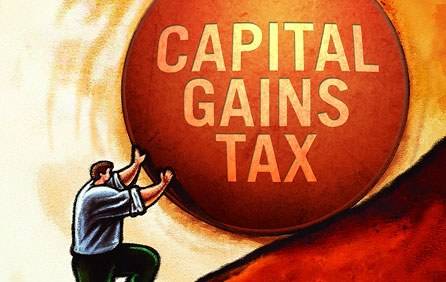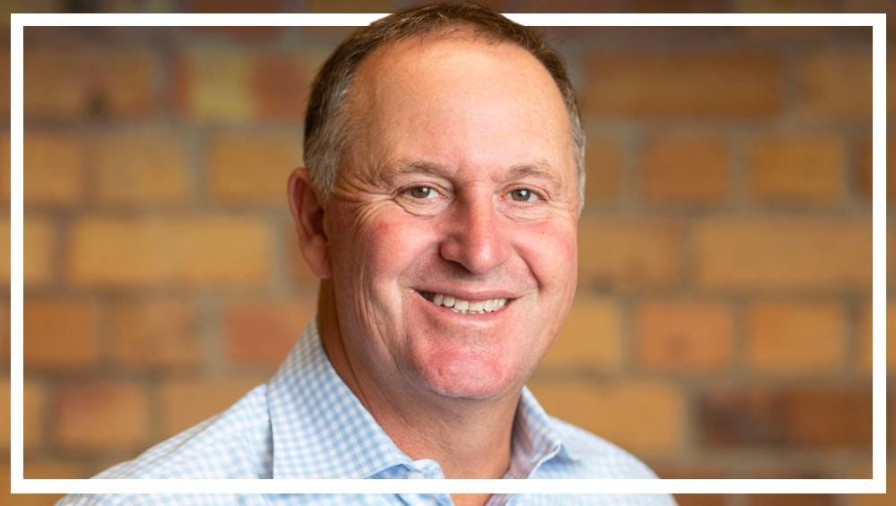Covid, debates, political violence, fearmongering and hysteria
ANALYSIS: Political violence, or the threat of it, has reared its head during the campaign.
WATCH: NBR political editor Brent Edwards speaks with Nicholas Pointon.
ANALYSIS: Political violence, or the threat of it, has reared its head during the campaign.
WATCH: NBR political editor Brent Edwards speaks with Nicholas Pointon.
The week did not start well for Labour leader Chris Hipkins when he tested positive for Covid-19 on Sunday and started a five-day isolation period.
It meant he could not make Tuesday night’s leaders debate run by the Christchurch Press and it sparked a war of words as the two major parties argued over whether an alternative debate could be held.
Labour soon started calling National leader Christopher Luxon a chicken when it became clear he could or would not make himself available for another debate, with Hipkins saying he had offered to do it any time from Friday onwards. Squabbling over the debate did little to enhance the reputation of politics.
While Luxon might not be a chicken, there was probably less reason for him to agree to another time than there was for Hipkins to want it to go ahead. Based on multiple polls, Hipkins has much more to do to claw back support for Labour, while Luxon really just needs to keep out of trouble. One way of doing that might be to avoid debates with Hipkins.
Political debates were not the only thing to prompt disagreement between the parties this week.
Political violence, or the threat of it, has reared its head during the campaign.
Te Pāti Māori’s fourth ranked candidate Hana-Rāwhiti Maipi-Clarke’s home was entered this week, with the party saying police have trespassed the man who did it. Party president John Tamihere told RNZ the person involved was “an elderly Pākehā man”, who was a well-known campaigner for the National Party and that the incident was politically motivated. Labour MP Angela Roberts was manhandled and slapped at a candidates’ meeting and Hipkins has already raised concerns about the rhetoric some parties have used, particularly when it comes to Māori issues.

Is National leader Christopher Luxon a chicken for not agreeing to another time for the Press debate with Labour leader Chris Hipkins?
In response National then disclosed a number of its candidates had been intimidated and threatened by gang members, pointing out the gangs were campaigning in support of the Labour Party. Act too has criticised some of the publicity around the issue, saying people should complain to the police.
None of this is necessarily new. It was not unusual for fist fights to break out at former National Party leader and prime minister Sir Robert Muldoon’s campaign meetings, with members of ‘Rob’s mob’ routinely coming into conflict with protestors opposed to Muldoon’s style of politics.
But social media has intensified the level of personal denigration political figures face, particularly women, Māori, and members of other ethnic minorities or the rainbow community.
It might have been more appropriate for all political parties to get together to condemn such behaviour, rather than try to outdo one another over which parties’ candidates and volunteers have faced the worst abuse.
Part of it reflects too that the parties are indulging in a bit of fear mongering about what their opponents will do once in office. In Labour’s case, it argues National cannot afford its tax cuts and other policies unless it cuts public spending more drastically than it has already outlined. Most of this week National campaign chair Chris Bishop has been speculating that if Labour does form the next government Hipkins will be rolled as leader by MPs who want to see either a wealth or capital gains tax introduced. It is based on what he says are comments from two or three candidates all saying they want to see a fairer tax system.

Hipkins himself says the same thing and, in an interview with NBR in August, he said there was a case for introducing a capital gains tax, but it needed bipartisan support.
“A capital gains tax takes 10 years or more before you actually start to see it working effectively as intended, because you wouldn’t apply it retrospectively, so any government introducing it [knows] it’s going to be 10 years before a future government really, sees that revenue that justifies it. So, if there’s a disagreement across the House, which there is, then there’s no point proceeding with a capital gains tax,” he said.
Maybe Hipkins will roll himself?
Much of the political hysteria of the week might be driven by the polls.
Labour is clearly desperate to lift its support and National seems to be acutely aware – and dismayed – by the likelihood that to form the next government it would need New Zealand First’s support.
Having said just the previous week he would pick up the phone to New Zealand First leader Winston Peters if that was what was needed to keep Labour out of government, Luxon appears to be getting cold feet. He and his colleagues – including former prime minister Sir John Key – are pleading with voters not to put him in that position.
If that is really National’s view, maybe Luxon should have just ruled New Zealand First out. By signalling National will do a deal with New Zealand First he gave some voters reason to vote for that party.
With a week to go to election day, and early voting already open, there is still much at stake for the parties and voters.

Former National prime minister Sir John Key is urging voters to give National a clear election result.